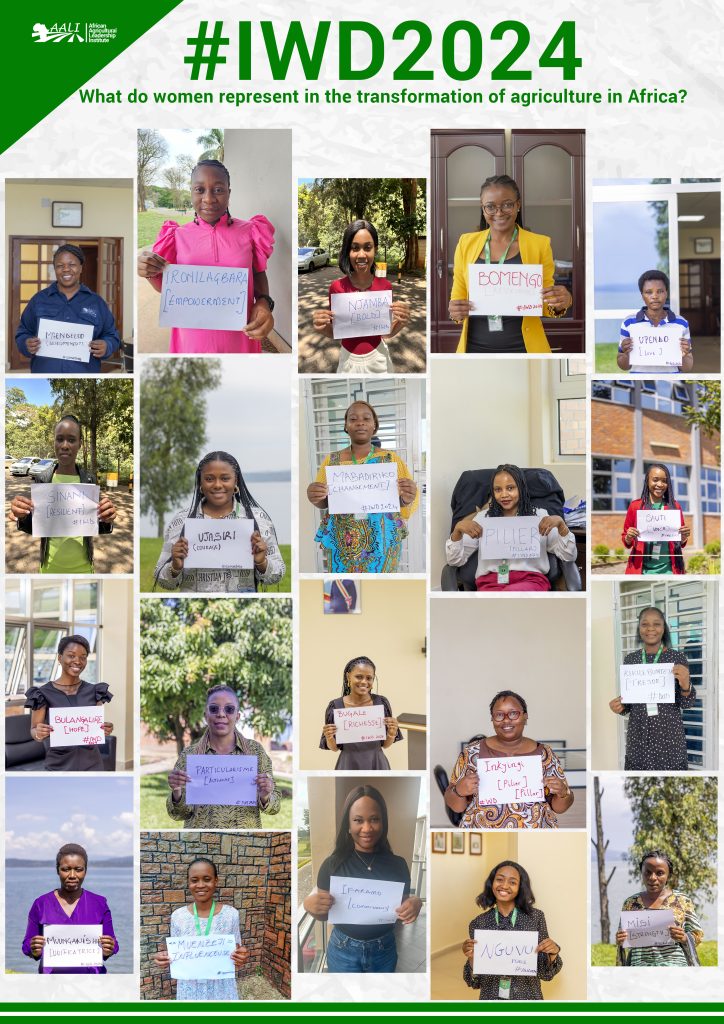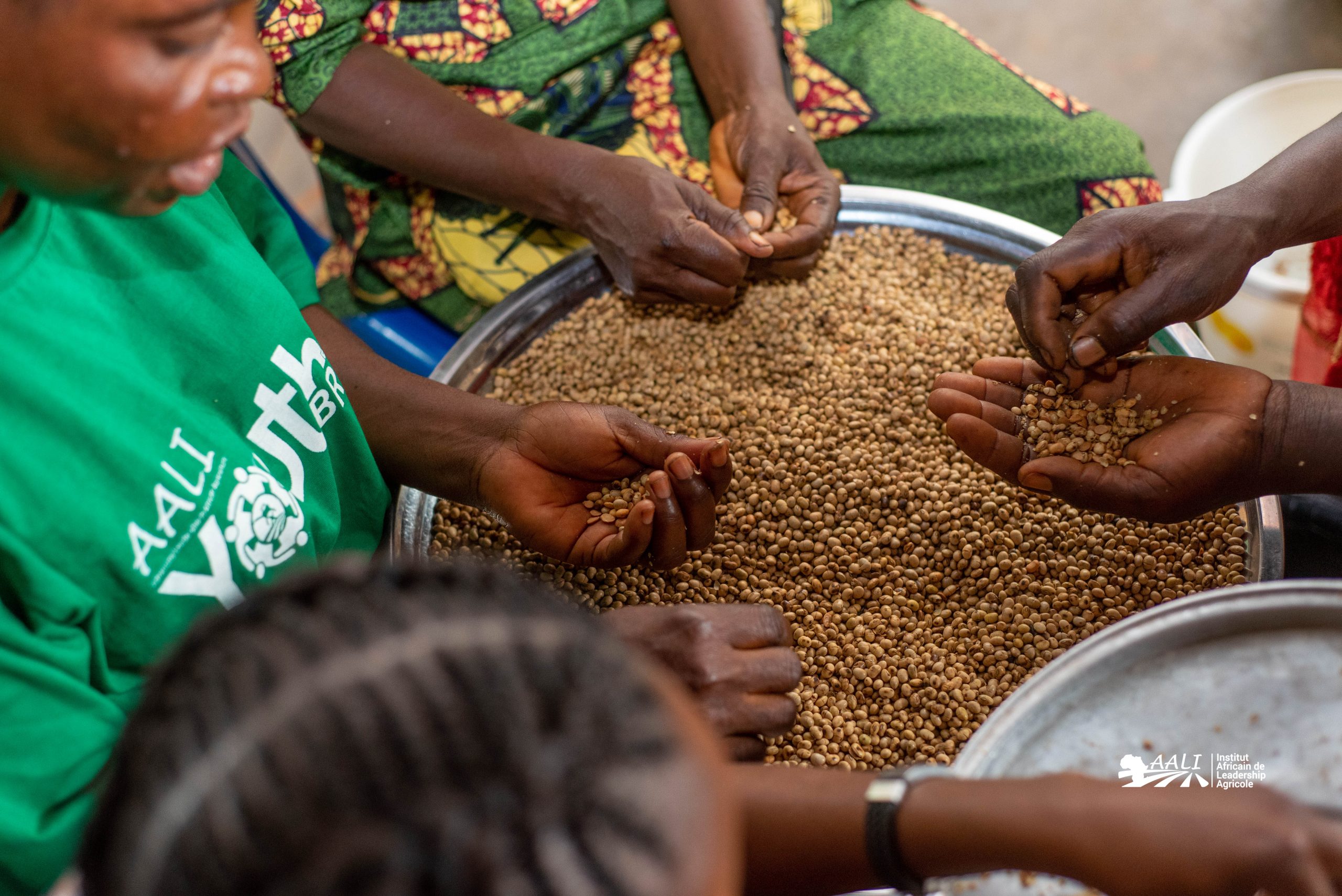Private and public efforts to transform the agropastoral sector are aimed at combating poverty and rampant food insecurity in Africa. At least 216 million children suffer from malnutrition in Africa (AfDB, 2023). The involvement and role of women in this fight for food security for African populations is more necessary than ever and no longer open to debate. Indeed, it’s a question on which various key players in the process of transforming and developing the agricultural sector now agree.

Indeed, AALI’s Managing Director, Dr. Chris Okafor, confirms this when he says, “Women in agriculture are like women in domestic work. According to some studies, more than 95% of rural women work in agriculture, while only 63.8% of rural men do. In the Democratic Republic of the Congo, this statistic stands out. According to the Food and Agriculture Organization of the United Nations (FAO), the female workforce in agriculture is approximately 57%, while the global average is estimated to be 43%. As a result, any effort to transform African agriculture without taking into account women’s concerns will fail to achieve the desired results. As a result, the African Agricultural Leadership Institute (AALI) is giving the necessary attention to women in agriculture.”
While the various key players in Africa’s agricultural transformation may recognize the important role played by women, they must also be aware of this fact. To this end, AALI’s female staff spoke out, each in her own mother tongue, summing up in a single word what women represent in agricultural transformation in Africa.

